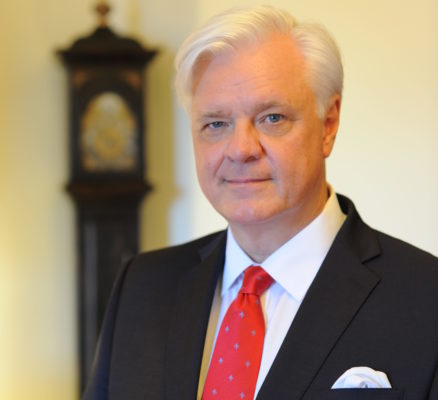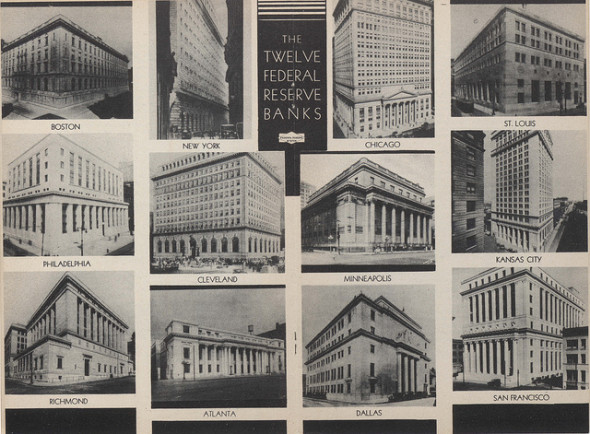The Federal Reserve voted Dec. 14 to raise interest rates a quarter of a percentage point — the first increase in a year, and only the second since June 2006. With the post-election Dow surging since Donald Trump’s triumph, many wonder what this move will mean for stocks, future lending rates and the U.S. economy.
An international economist and financial expert at Washington University in St. Louis said that while the move was widely anticipated, he would have liked to see the Fed postpone an increase until President-elect Trump’s inauguration.

Dean Mark Taylor
“Today’s interest rate rise is no real surprise,” said Mark Taylor, dean of Olin Business School and formerly a senior economist at both the International Monetary Fund (IMF) and the Bank of England. “The Fed signaled in September that it wanted to raise rates ‘relatively soon’ but did not want to rock the economic boat just before a contentious election.
“Personally, I would have held fire a little longer, until something more is known about what shape President Trump’s economic policies will take. Combining an interest rate rise with such policy uncertainty is not the best prescription for the economy, in my view.”
Taylor, who became the dean at Olin Dec. 1 after a term as dean at Warwick Business School in England, also is a professor of finance at Washington University. In addition to previously working as a senior economist at the IMF and the Bank of England, Taylor also was a fund manager at BlackRock.





